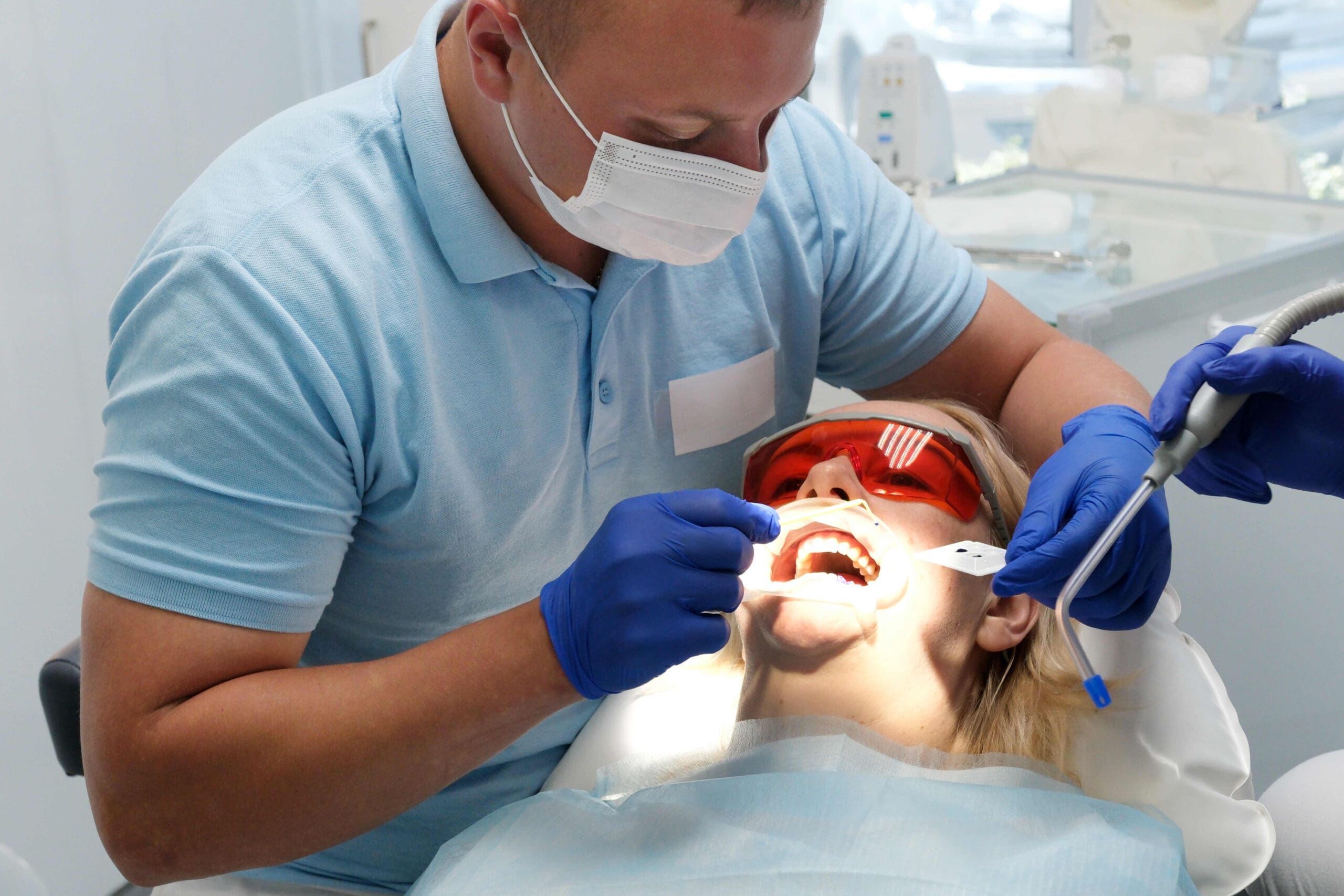Are you curious about how same day dental implants can be both quick and effective? These innovative procedures allow for the placement of implants in just one visit, providing a convenient solution for those seeking immediate results. With advancements in dental technology, same day dental implants have become a popular choice for restoring smiles efficiently.
Same Day Dental Implants: Cost Comparison
Same day dental implants have become a popular choice for those seeking a quick and effective solution to tooth loss. When considering the cost of same day dental implants, it’s important to understand that prices can vary significantly based on several factors, including location, the complexity of the procedure, and the specific needs of the patient. While the initial investment might seem higher compared to traditional methods, the convenience and reduced number of visits can make same day dental implants a compelling option for many.
In comparing costs, it’s also beneficial to explore other available options. For those who are curious about alternatives, there are various solutions that might fit different budgets and preferences. Exploring an Alternative to Dental Implants: Top Options can provide additional insights into what might be suitable for individual circumstances. Ultimately, understanding the cost dynamics of same day dental implants alongside other possibilities can help in making an informed decision.
Procedure Duration
When considering same day dental implants, understanding the procedure duration is crucial for planning and setting expectations. Typically, the process is streamlined to fit within a single day, allowing patients to receive their implants without the need for multiple appointments. This efficient approach not only saves time but also reduces the overall stress associated with traditional dental implant procedures.
The exact duration can vary based on individual cases, but the goal remains to provide a swift and effective solution for those seeking immediate dental restoration. For those interested in exploring this option further, the Meridian Dental Implant Experts offer comprehensive insights into the process and its benefits. Visit their page to learn more about how same day dental implants can be a convenient choice for many.
Longevity and Durability
When considering same day dental implants, one of the most appealing aspects is their longevity and durability. These implants are designed to integrate seamlessly with your natural bone structure, providing a stable and long-lasting solution for missing teeth. The materials used in same day dental implants are typically robust and resistant to wear, ensuring that they can withstand the daily pressures of chewing and speaking.
This durability not only contributes to the overall effectiveness of the implants but also offers peace of mind, knowing that they are built to last. With proper care and maintenance, same day dental implants can serve as a reliable and enduring option for those seeking to restore their smile.
Aesthetic Outcomes
Same day dental implants are not only a quick solution for missing teeth but also offer impressive aesthetic outcomes that can enhance your smile. These implants are designed to closely mimic the appearance of natural teeth, providing a seamless and natural look that blends well with your existing teeth. The immediate placement of the implant helps in preserving the natural contour of your gums and jawline, contributing to a more youthful and attractive appearance.
With advancements in dental technology, same day dental implants have become a popular choice for those seeking both functionality and aesthetics in their dental restoration. For more information on achieving a beautiful smile, consider visiting Alliance Dental Care, your trusted Meridian Dentist.
Maintenance Requirements
Maintaining same day dental implants involves a commitment to regular oral hygiene practices to ensure their longevity and effectiveness. It is essential to incorporate routine brushing and flossing into daily habits to prevent plaque buildup around the implants. Regular check-ups with a dental professional are also crucial to monitor the condition of the implants and surrounding tissues.
These appointments help in identifying any potential issues early, ensuring that the implants remain in optimal condition. Additionally, being mindful of dietary choices can contribute to the overall health of the implants, as certain foods may impact their stability and cleanliness.
Suitability for Different Conditions
Same day dental implants are a versatile solution that can address a variety of dental conditions, making them an appealing option for many individuals seeking immediate results. Whether dealing with a single missing tooth or multiple gaps, same day dental implants can provide a quick and effective way to restore functionality and aesthetics.
They are particularly beneficial for those who have experienced tooth loss due to injury, decay, or other dental issues, offering a seamless integration into the existing dental structure. This adaptability makes same day dental implants a popular choice for those looking to enhance their oral health and regain confidence in their smile.
Recovery Time
When considering same day dental implants, understanding the recovery time is crucial for setting realistic expectations. Generally, the recovery period for same day dental implants can vary depending on individual circumstances, but many patients find that they can resume normal activities relatively quickly. The innovative nature of same day dental implants often allows for a more streamlined healing process compared to traditional methods.
However, it’s important to remember that each person’s experience may differ, and factors such as overall health and adherence to post-procedure guidelines can influence the recovery timeline.
Impact on Oral Health
Same day dental implants can significantly influence oral health by providing a stable and immediate solution for missing teeth. This innovative approach helps maintain the integrity of the jawbone, as the implants act like natural tooth roots, stimulating bone growth and preventing deterioration.
Additionally, same day dental implants can enhance overall oral function, allowing individuals to chew and speak more effectively, which contributes to better digestion and communication. By filling gaps promptly, these implants also help in maintaining the alignment of surrounding teeth, reducing the risk of further dental complications. Overall, same day dental implants play a crucial role in supporting long-term oral health and well-being.
Material Differences
When considering same day dental implants, understanding the material differences is crucial for a general overview of the procedure. Dental implants can be crafted from various materials, each offering unique properties that contribute to the overall effectiveness and durability of the implant. Common materials include titanium and zirconia, both known for their strength and biocompatibility.
These materials are chosen to ensure that same day dental implants integrate well with the jawbone, providing a stable and long-lasting solution. The choice of material can influence factors such as appearance, comfort, and longevity, making it an essential aspect of the implant process.
Conclusion
Same day dental implants offer a quick and effective solution for those seeking immediate results. To learn more, call 208-608-2098 or read reviews on Google Maps.





